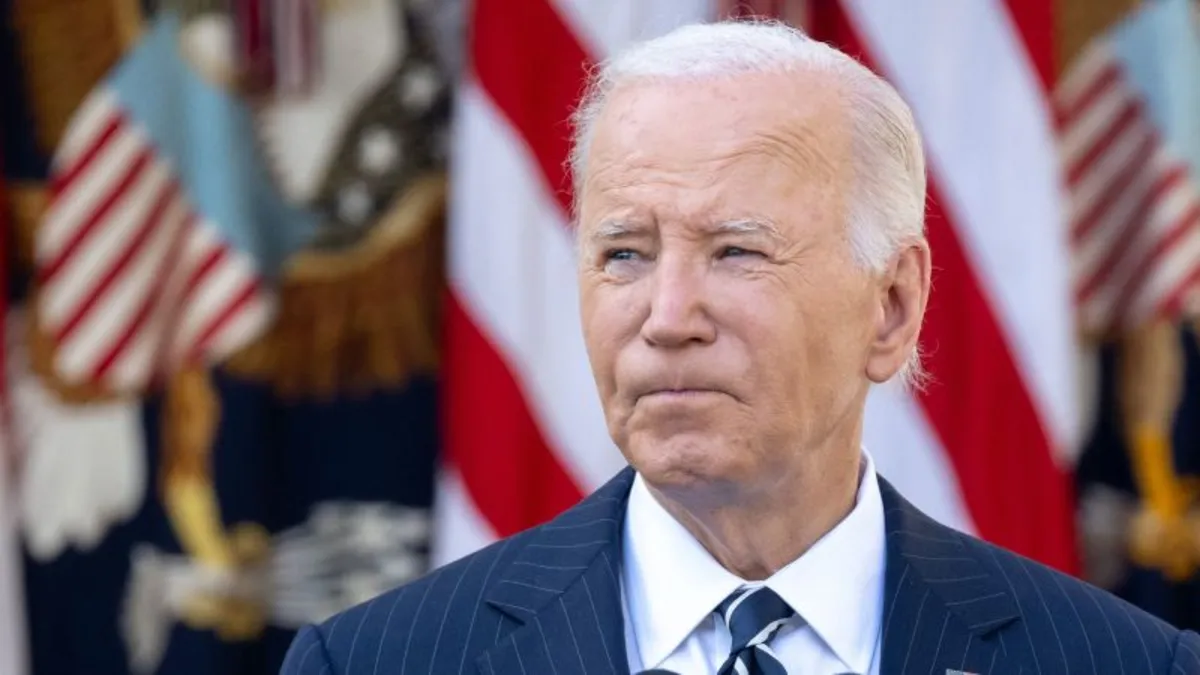
Former President Joe Biden has commenced radiation therapy as part of his treatment plan for prostate cancer, according to a spokesperson who shared details with CNN. The spokesperson confirmed, “As part of a treatment plan for prostate cancer, President Biden is currently undergoing radiation therapy and hormone treatment.” This significant health update was first reported by NBC News.
Biden, who will turn 83 next month, has not provided a specific timeline for his treatment. However, a source revealed to CNN that he began the therapy a few weeks ago. In May, Biden’s personal office disclosed that he had been diagnosed with an “aggressive form” of prostate cancer, which had unfortunately spread to his bones.
In his initial comments about the diagnosis, Biden expressed optimism, stating, “The expectation is we’re going to be able to beat this.” He reassured the public by noting, “It’s not in any organ; my bones are strong, and it hadn’t penetrated. So, I’m feeling good.” Alongside radiation therapy, he has initiated a pill regimen designed to combat the cancer.
Dr. Jamin Brahmbhatt, a urologist and robotic surgeon at Orlando Health, commented on the prevalence of prostate cancer, stating, “Prostate cancer is very common. As we get older, most men are going to have little cancer cells in them.” Prostate cancers are often assigned a grade known as the Gleason score, which categorizes the cancer based on how the cells appear under a microscope.
Biden’s office indicated in May that his Gleason score is 9, which is recognized as “the most aggressive form of prostate cancer.” Dr. Benjamin Davies, a professor of urologic oncology at the University of Pittsburgh Medical Center, elaborated that in addition to the Gleason score, factors such as blood prostate-specific antigen levels, imaging tests, and biopsy findings are crucial in determining the cancer's behavior and the most suitable treatment options.
Despite the challenges posed by high-risk prostate cancer, Brahmbhatt reassured that patients can maintain a “pretty normal life and have a good quality of life, as long as the cancer is treated.” Treatment options are personalized and may include hormone therapy, chemotherapy, or radiation, depending on the individual case.
However, the fact that Biden’s cancer has metastasized to the bone is concerning. Dr. Davies noted, “This is very serious and not curable.” On a positive note, he mentioned that advancements in hormonal and chemotherapy therapies have emerged in recent years, demonstrating impressive results and significantly extending patient longevity.
In addition to his ongoing prostate cancer treatment, Biden recently underwent Mohs surgery to remove skin cancer lesions. This procedure involves the meticulous removal of thin layers of skin, which are examined under a microscope until no signs of cancer are detected. Mohs surgery is commonly used for treating cancerous lesions that are fast-growing or located in sensitive areas.
Earlier in 2023, while serving as president, Biden had a lesion removed from his chest, which subsequently tested positive for basal cell carcinoma. Dr. Kevin O’Connor, who has been Biden’s physician during his presidency, confirmed that “all cancerous tissue was successfully removed,” and noted that Biden would continue with “dermatological surveillance.” Basal cell carcinoma is recognized as the most common type of skin cancer, known for being slow-growing and usually curable.
This report incorporates contributions from CNN’s Arlette Saenz, providing a comprehensive overview of Joe Biden's ongoing health journey in the face of prostate cancer.